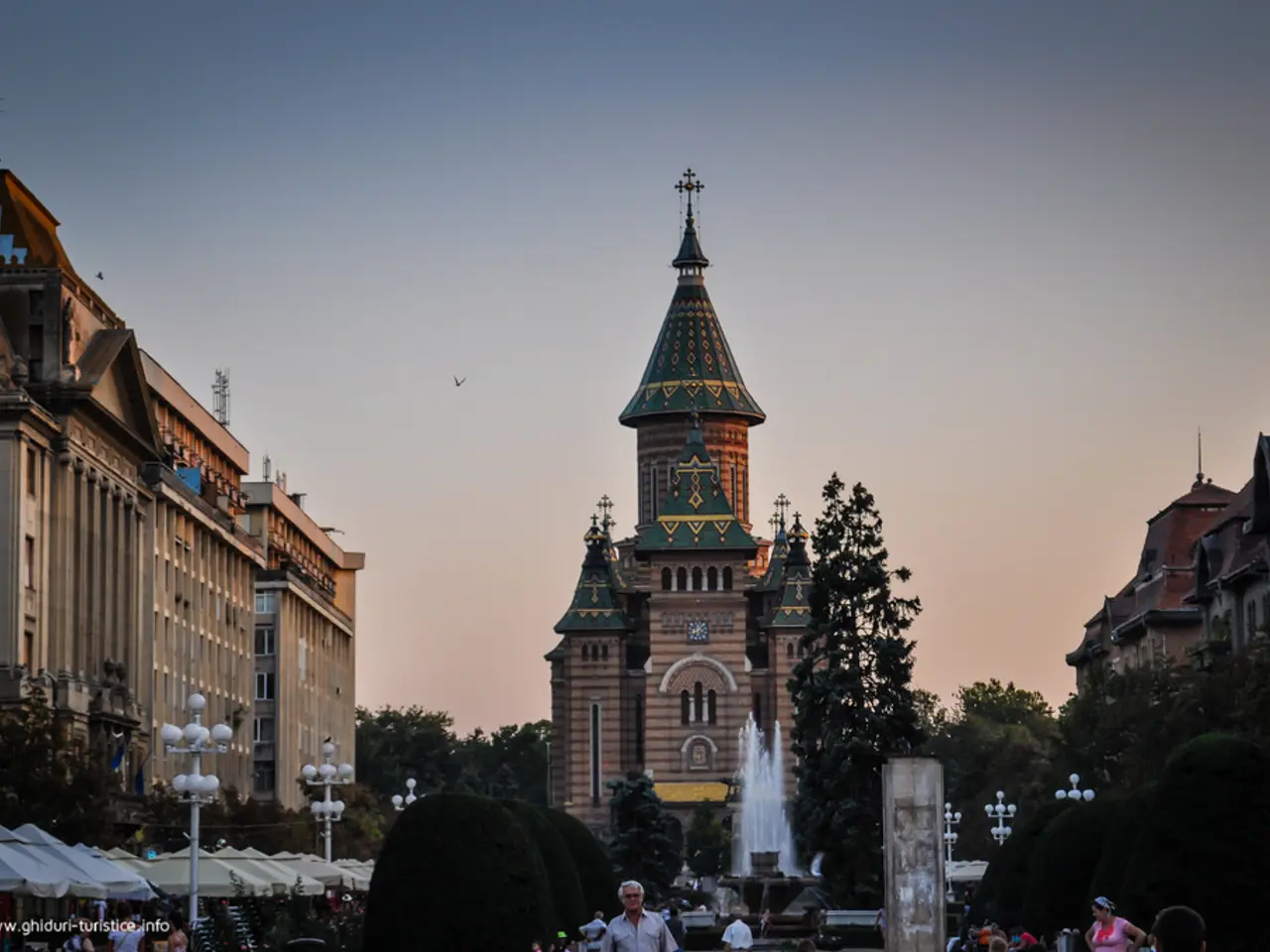Discoursing on the Water Supply for Yemeni Refugees
In the war-torn Lahij governorate of southwest Yemen, a series of humanitarian initiatives are underway to enhance the living conditions of internally displaced people (IDPs) and vulnerable populations.
Solar panels are being installed to ensure the functioning of water pumps, providing communities with a reliable source of clean water. Regular water quality checks are conducted on the new facilities to maintain their effectiveness.
Welthungerhilfe (WHH) and People In Need (PIN) are collaborating to improve the living conditions of IDPs in Lahij. Their efforts extend beyond water and sanitation, encompassing hygiene and nutrition training, as well as the rehabilitation of schools and hospitals.
Education is a critical aspect of their work. Saudi aid agency KSrelief is actively supporting education and related humanitarian needs in Lahij’s Al-Hawtah and Tuban districts. Their projects include distributing hygiene kits alongside educational materials and psychosocial support, indirectly benefiting thousands of conflict-affected people, including IDPs.
Safety is another key concern. Mine clearance operations have been conducted in Lahij, facilitating safer access within communities and enabling humanitarian aid delivery. This contributes to improved living conditions and safety for displaced people and residents.
Hygiene is a priority, with soap and detergent being distributed and the importance of good hygiene for disease prevention being emphasised. Hygiene training sessions and distribution of hygiene products, nutrition courses, and breastfeeding and disease prevention tips are being offered to the population. Nutrition courses are primarily aimed at mothers to help them feed themselves and their children healthily.
The rehabilitation of drinking water wells in several communities in the Lahij governorate is also being carried out. Sanitary facilities of schools and hospitals in regions with large numbers of IDPs are being improved to promote good health and hygiene practices.
Local people are being trained to maintain and repair drinking water systems and facilities, ensuring their long-term sustainability. The measures taken by WHH and PIN have shown the first signs of success, providing a glimmer of hope in a challenging situation.
However, the humanitarian situation in Yemen remains one of the most dramatic in the world. Since 2015, at least half of Yemen’s 38 million inhabitants have been living in extremely difficult conditions due to the lack of basic services such as schools, hospitals, water distribution, electricity supply, waste disposal, among others. Over four million Yemenis are refugees in their own country, seeking shelter in the south, living in tents, temporary accommodation, or with host communities.
Recently, a drinking water well in Al-Anad has been restored, allowing people to access clean water. These efforts, while significant, are just a small step towards addressing the vast needs in Yemen. However, they serve as a testament to the resilience and determination of organisations and communities working together to improve the lives of those affected by the conflict.
- To promote better health and wellness, nutrition training is being offered to mothers by Welthungerhilfe (WHH) and People In Need (PIN), aiming to help them feed themselves and their children healthily.
- In the pursuit of health and wellness, in addition to the rehabilitation of drinking water wells, sanitary facilities of schools and hospitals in regions with large numbers of IDPs are being improved to promote good health and hygiene practices.




